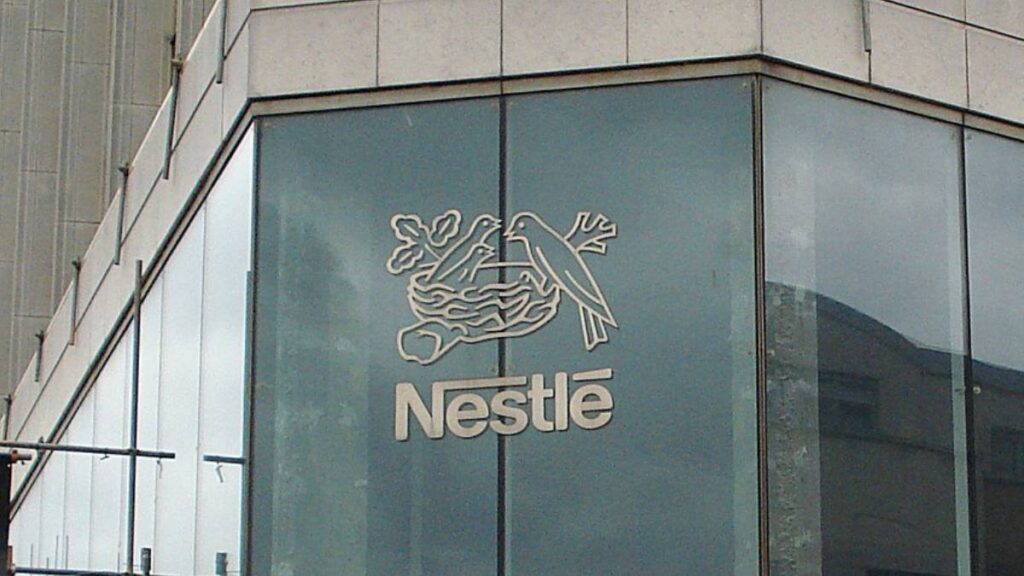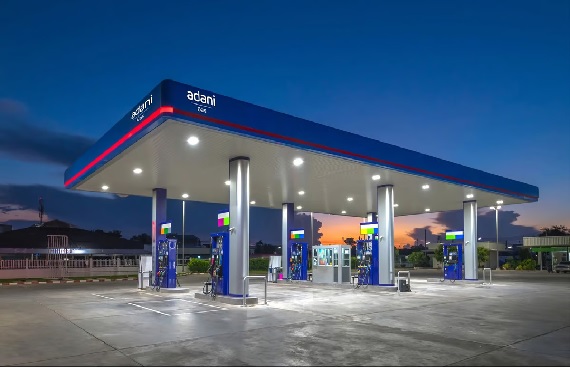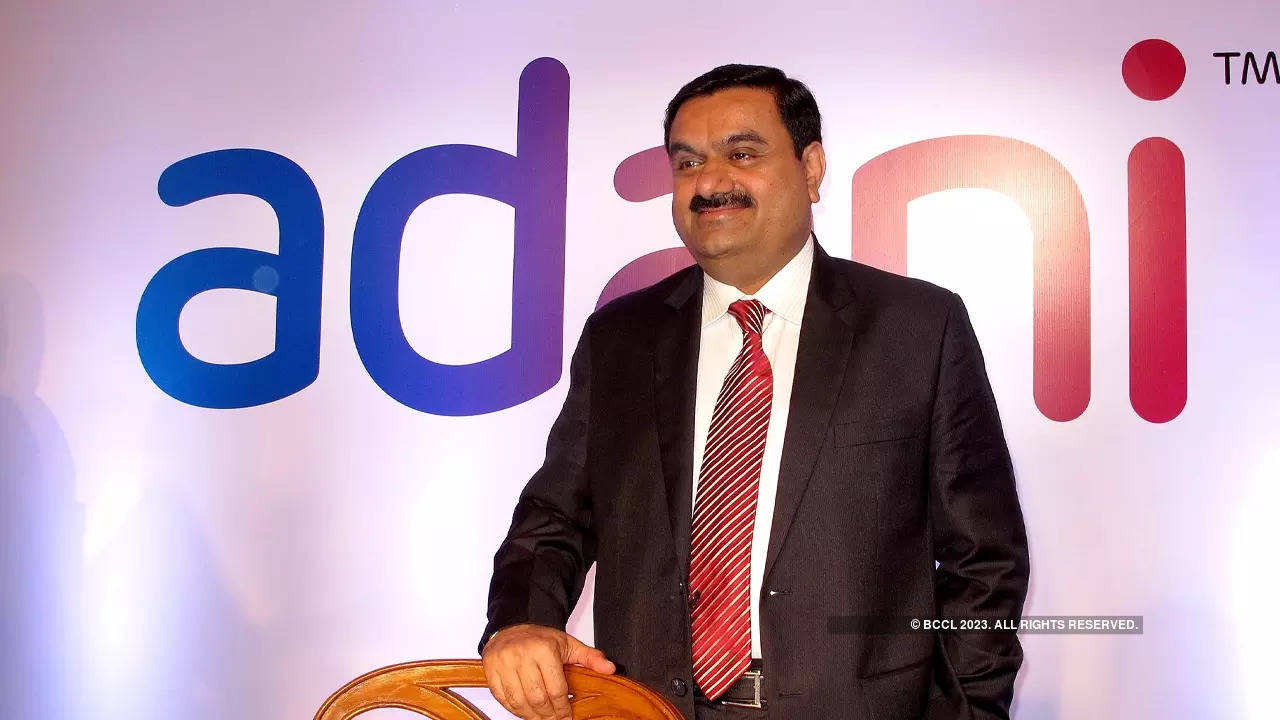India’s Food Safety and Standards Authority (FSSAI) is reviewing the report and will present it to a scientific panel for further evaluation.
Shares of Nestle India experienced a significant decline on Thursday following allegations from a Swiss-based organization accusing the multinational food company of adding sugar to infant food products. At 2:45 PM, Nestle India shares were down 3.6% at Rs 2,454, with an intraday low of Rs 2,410.
The allegations surfaced after an investigation by Public Eye, a Swiss investigative organization, which revealed that Nestle’s baby food product Cerelac contained an average of nearly 3 grams of sugar per serving in India, despite stringent guidelines by the World Health Organization (WHO) banning added sugars in such products.
According to government sources, India’s food regulator, the Food Safety and Standards Authority of India (FSSAI), is examining the report and will present it before the scientific panel for further evaluation.
In response to these allegations, Nestle India defended the nutritional quality and safety of its products, emphasizing its commitment to using high-quality ingredients and reducing added sugars by up to 30% in its infant cereals portfolio over the past five years. However, the report by Public Eye alleges that Nestle may be favoring higher-income countries by offering baby food products with no added sugar, while products in low- and middle-income countries contain significant amounts of added sugar.
The controversy has raised concerns among health experts and regulatory authorities about the potential health implications of increased sugar consumption, particularly in regions where rates of obesity, diabetes, and hypertension are already high.
Nestle India maintains that it adheres to CODEX standards and local specifications, ensuring compliance with regulatory requirements regarding all nutrients, including added sugars. The company also reiterated its commitment to delivering the best nutrition possible to consumers, pledging to continue innovating and reformulating its products to reduce the level of added sugars without compromising on quality, safety, and taste.
The investigation by Public Eye has prompted a closer examination of Nestle’s practices in various countries, highlighting potential disparities in product formulations and raising questions about the company’s global approach to nutrition and health standards.
Public Eye’s allegations against Nestle India regarding the presence of added sugars in infant cereal products have ignited a firestorm of debate surrounding the multinational corporation’s product practices. The revelation that Cerelac, a staple in many households for early childhood nutrition, contains significant amounts of added sugar has not only rattled investors but also prompted a deeper examination of Nestle’s global operations.
The discrepancy highlighted by Public Eye between Nestle’s practices in different countries has raised eyebrows and fueled suspicions of preferential treatment based on income levels. The report suggests that Nestle may be tailoring its product formulations to suit higher-income nations while neglecting the health concerns of consumers in low- and middle-income countries. This alleged disparity in sugar content between products sold in affluent regions like Germany and the United Kingdom compared to those in countries like Ethiopia and Thailand has drawn particular scrutiny.
Furthermore, the findings of the investigation have reignited concerns about the impact of added sugars on public health, especially in regions where rates of obesity, diabetes, and hypertension are already alarmingly high. The presence of excessive sugar in infant cereal products raises questions not only about Nestle’s commitment to providing nutritious offerings but also about the adequacy of regulatory oversight in ensuring compliance with global health guidelines.
In response to these allegations, Nestle India has vehemently defended the nutritional quality and safety of its products, emphasizing its adherence to CODEX standards and local specifications. The company asserts that it never compromises on compliance and continuously strives to enhance the nutritional profile of its products through innovation and reformulation. Nestle’s pledge to reduce added sugars in its products without compromising on taste or safety reflects a recognition of the importance of addressing public health concerns while meeting consumer preferences.
However, the controversy surrounding Nestle’s infant cereal products underscores broader issues surrounding corporate responsibility and accountability in the food industry. As consumers become increasingly conscious of the nutritional content of the products they purchase, companies like Nestle face growing pressure to demonstrate transparency and integrity in their business practices. The allegations made by Public Eye serve as a reminder of the critical role that investigative journalism and independent watchdog organizations play in holding corporations accountable for their actions.
Moving forward, the outcome of the investigation by India’s food regulator, the FSSAI, will be closely watched as it could have far-reaching implications for Nestle’s operations in the country and beyond. Regardless of the findings, the controversy has already sparked a broader conversation about the ethical obligations of multinational corporations in ensuring the health and well-being of consumers worldwide.


 Opinion2 years ago
Opinion2 years ago
 Fashion7 years ago
Fashion7 years ago
 Entertainment7 years ago
Entertainment7 years ago
 Entertainment7 years ago
Entertainment7 years ago
 Opinion2 years ago
Opinion2 years ago
 Business News2 years ago
Business News2 years ago
 Policy&Politics2 years ago
Policy&Politics2 years ago
 Business News2 years ago
Business News2 years ago











